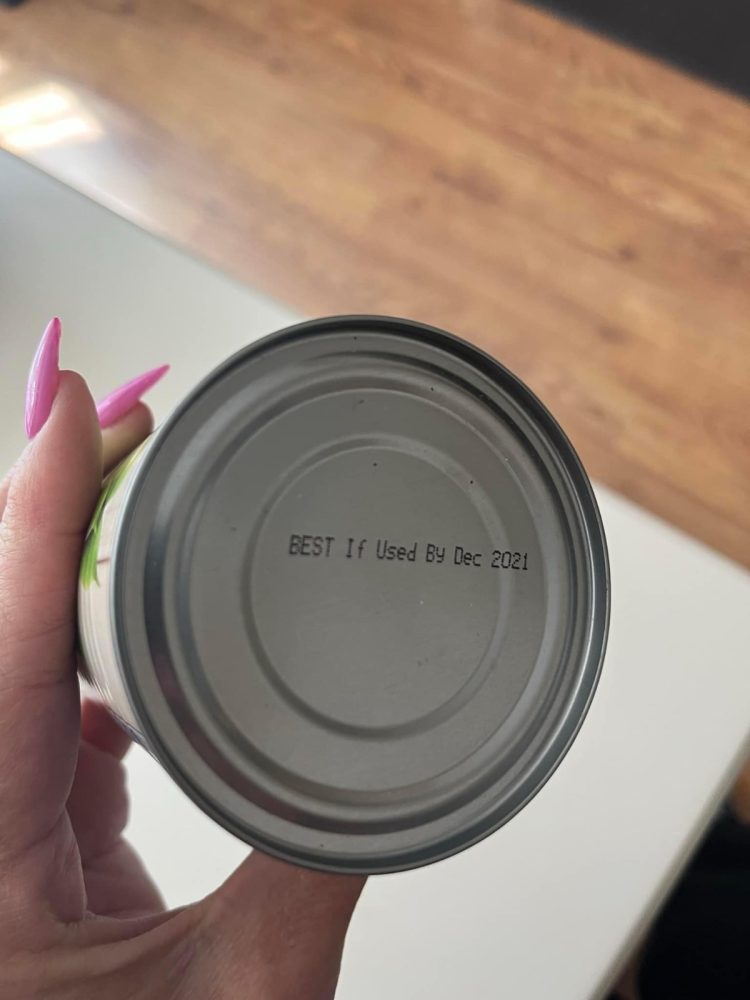Eggs: Can remain safe up to three to five weeks post-purchase. A simple water test can check their freshness.
Chicken and Meat: Safe for a day or two beyond the “Sell By” date if refrigerated, and longer if frozen.
Milk: Often stays fresh about a week past the “Best if Used By” date, provided it smells and looks normal.
Rice and Pasta: These dry goods can last for years if stored properly.
Canned Foods: Safe as long as the can is not damaged. They can last for years.
Frozen Foods: Remain safe indefinitely at 0°F (-18°C), though quality may decrease over time.
Spotting Spoilage
While many items are safe past their labeled dates, visible mold, unpleasant smells, odd textures, or bad tastes are unmistakable signs of spoilage. Trusting your senses is often more reliable than relying on printed dates.
Preventing Waste Through Proper Storage
Minimizing food waste starts with correct storage. Keep your fridge below 40°F (4°C) and your freezer at 0°F (-18°C). Use airtight containers to protect food quality and extend its life.
In summary, food expiration dates offer a guideline for quality rather than a strict safety threshold. By understanding label meanings, properly storing food, and trusting our senses, we can reduce food waste while ensuring our meals are both delicious and safe. So, think twice before discarding that day-past-due condiment—it may still be perfectly good to enjoy.
